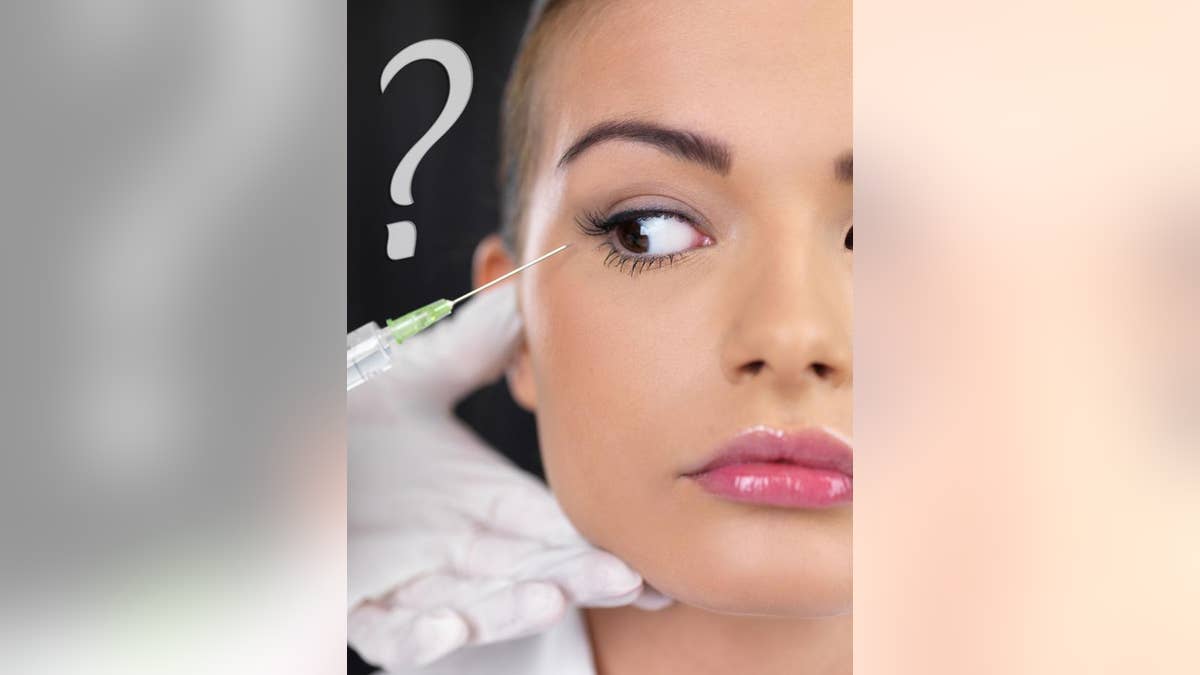
Are you considering facial injections to take years off your face? If so, have you considered the possible long-term consequences of paralyzing your muscles?
Over 11 million men and women have received botox injections for cosmetic purposes. As with any medication or procedure, there are potential risks that need to be discussed with your physician. However, there is one potential concern that has yet to be studied: What are the long-term effects of paralyzing parts of your face for years at a time?
Botox is refined botulinum toxin (a neurotoxin) injected into the face to eliminate frown lines by paralyzing the muscle. An injection is temporary and should be repeated about every four months for lasting results. Although science has been interested in this toxin for over fifty years, it was only in 1992 that the first study was performed evaluating the cosmetic effects. And while millions of injections are now performed each year in the United States, it was approved by the Food and Drug Administration just 10 years ago.
It's true the injections can smooth out your wrinkles and give you a younger appearance, but how young will you look in thirty or forty years? Unfortunately, there is precedent for a cosmetic procedure inadvertently aging people. When chemical peels first became popular, some physicians used too high of a concentration of glycolic acid too frequently, meaning they “peeled” too much of the skin. Their patients looked fabulous at the time, but as they aged it became apparent that the heavy-handed treatments actually thinned and damaged the skin. In time, the ladies that had looked so young for so long suddenly seemed to age at warp speed due to the effects of the peels.
Since it's not a chemical peel, how could Botox age you? When a muscle is unused for even just a few days, it begins to atrophy — it loses mass and strength which changes its shape. If the muscles of your face are paralyzed repeatedly with effects lasting for years, what happens to the underlying muscle? Does it eventually shrivel up? Does it lose tone and start to sag? How will your face appear then? Again, these are rhetorical questions because it has only been FDA-approved for 10 years.
For now, we know Botox has been administered to the general public for 10 years with great success. People report feeling better and more confident with their wrinkles improved. When discussing options with your doctor, always remember to consider the immediate and long-term effects of any treatment option.
